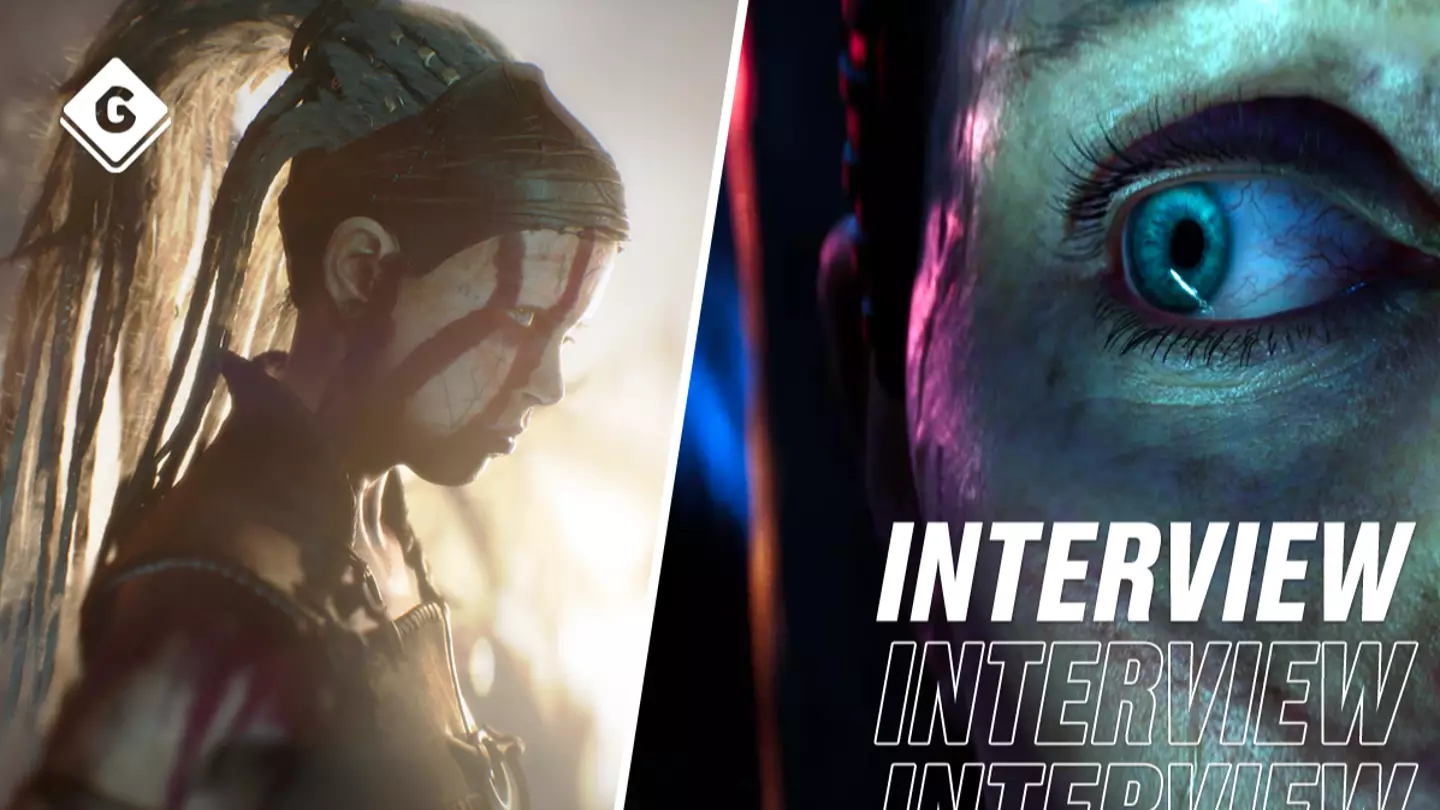
Developed by Ninja Theory, now under the Xbox Game Studios umbrella, Senua’s Saga: Hellblade II is the sequel to 2017’s Hellblade: Senua’s Sacrifice.
Set during the Viking age, Hellblade: Senua’s Sacrifice told the story of Senua, a Celtic warrior who battles against slipping into delirium. However, rather than allowing her demons to defeat her, Senua tackles her fears head-on and becomes the leader she is destined to be.
Check out the Senua’s Saga: Hellblade II trailer below!
Advert
At the centre of Senua’s struggles are her PTSD and a mental health condition called psychosis. This condition presents differently depending on the person, but ultimately, those who live with it can be pulled away from reality. Ninja Theory explored this condition - one that hits close to home for me - so I wanted to learn more about the journey from the original game to the release of the highly anticipated sequel.
I had the opportunity to speak with the studio head at Ninja Theory, Dominic Matthews and Dr Paul Fletcher, a Cambridge academic professor, expert in neuroscience and trusted adviser of the development studio.
Since the release of Hellblade: Senua’s Sacrifice, Ninja Theory has grown as a company both in terms of resources and lessons learned from past projects. “We have around 80 people at Ninja Theory working on Hellblade II which is more than we had working on Hellblade: Senua’s Sacrifice,” says Dominic.
“We have 80 people aligned in what we care about, and what we're trying to achieve in Hellblade II, and that is to deliver an experience of cinematic immersion. We care about making every step on the journey meaningful. So it's been a fantastic journey for me as a studio head to work with people who care so much about the details, about the character, Senua and her world”.
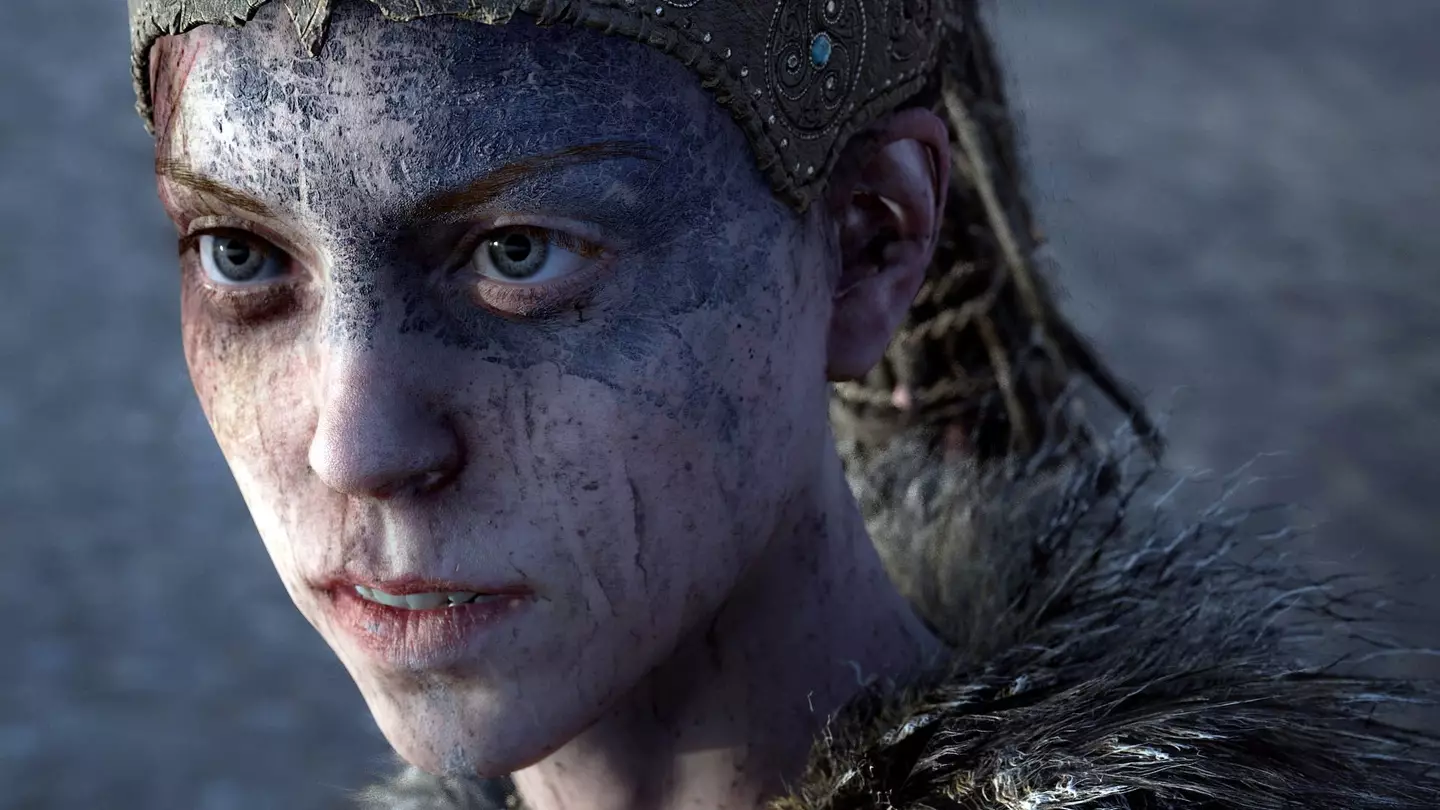
Since the release of Hellblade: Senua’s Sacrifice, Ninja Theory has also become a first-party Microsoft studio, Dominic explained some benefits of being part of the green brand. “We’re able to have a bigger team on the project and we've been able to invest in the performance capture stage that we have in our building. We also have access to a lot of expertise across Xbox. Being part of a group of studios and being able to pick up the phone and speak to people like Tim Schafer (Double Fine Productions), and Daryl Gallagher (The Initiative) to share our journeys is a real plus of being part of the Xbox family.”
Sadly, following this interview with Ninja Theory, Microsoft closed down four of its studios, Redfall and Prey developer, Arkane Studios, The Evil Within and Hi-Fi Rush studio, Tango Gameworks as well as Alpha Dog Games and Roundhouse Games. This followed around 2,000 jobs that were also cut by Microsoft in January 2024.
The length of a video game is often (wrongly) brought into question as a reflection of a release’s overall quality. It had taken me roughly seven to eight hours to finish Hellblade: Senua’s Sacrifice. The story was compelling, emotional, and hit hard. Dominic told me why campaign length isn't the be-all and end-all. “One of the wonderful things about the games industry now is that developers can make games of all shapes and sizes, and Ninja Theory happens to make games that are shorter in length than typical AAA games.”
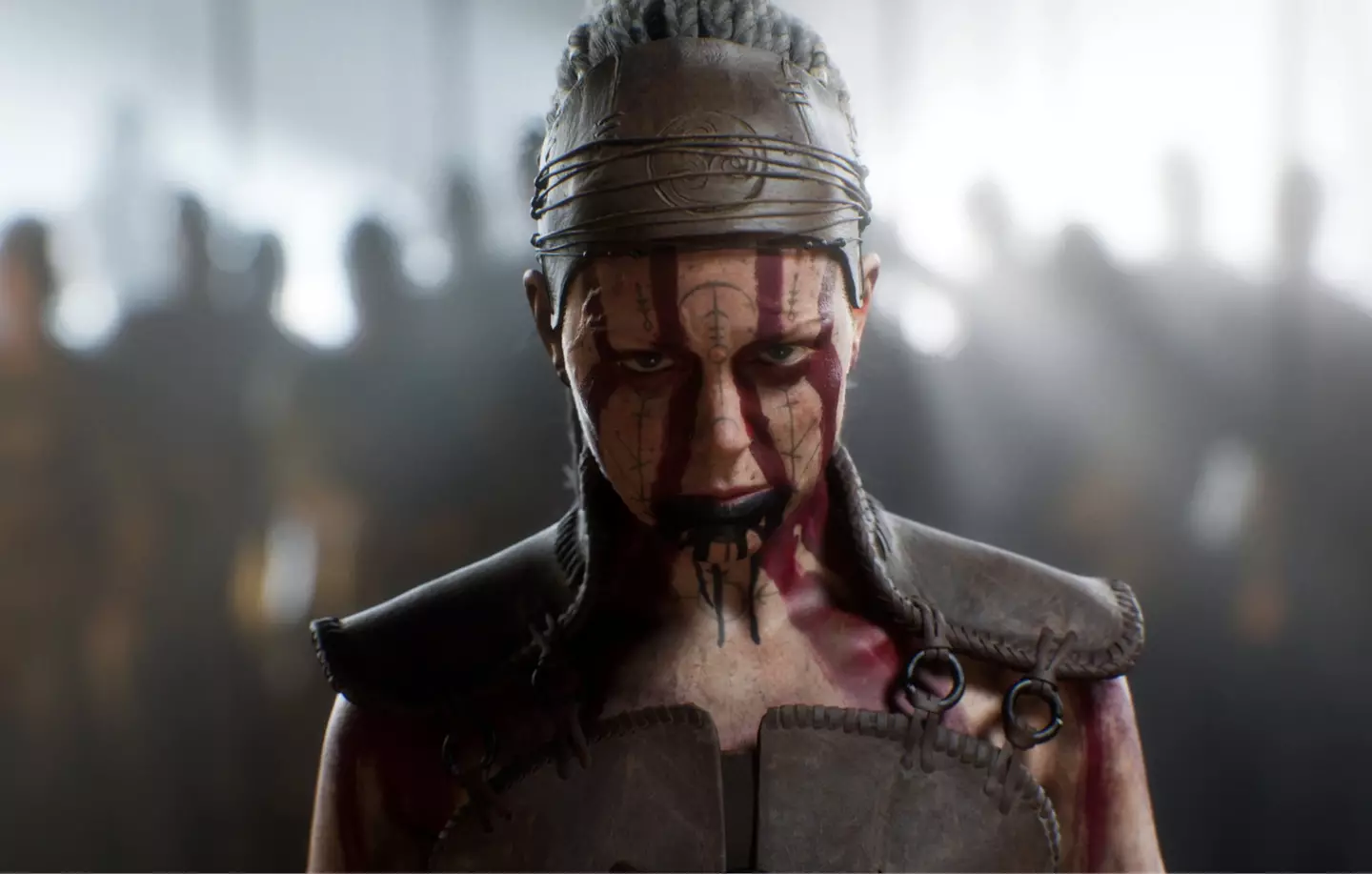
He continues: “You've got games that are thousands of hours long, hundreds of hours long, down to an hour long. That’s one of the beautiful things about the industry is that there's no pigeonhole. At the heart of what we do is tell a story. Every story has a beginning, middle and end, and the length of the game marries up with the story that we want to tell. We don't think about the length of a game. First and foremost, it’s about the journey we want to take our players on, and then the length of the game is what it needs to be to tell that story.”
Another change that has come with the sequel is moving from Unreal Engine 4 to Unreal Engine 5, Dominic tells me about the main benefits of having that added horsepower to work with. “In terms of immersion, the technology that we utilise is not there to show off fantastic facial animation or environments. We use Unreal Engine 5 to make the world and character as believable as possible so that we can take you on a journey. Unreal Engine 5 has been fantastic, and I think with Hellblade II, fans will see the fruits of its labour.”
As with any good sequel, character development is a driving force of having the player connect with a game and Senua is no exception. “In Hellblade: Senua’s Sacrifice, she is a character who is understanding her experiences of psychosis for the first time. At the end of that game, she comes to a point of acceptance,” says Dominic.
“In Hellblade II, players will see a different balance of power with those experiences, which is something that we've had the privilege of learning about from Dr Paul Fletcher and people with lived experiences. There is no magical cure, but there is a part of Senua’s journey that's one where she has an understanding and that can give her a bit more control.”
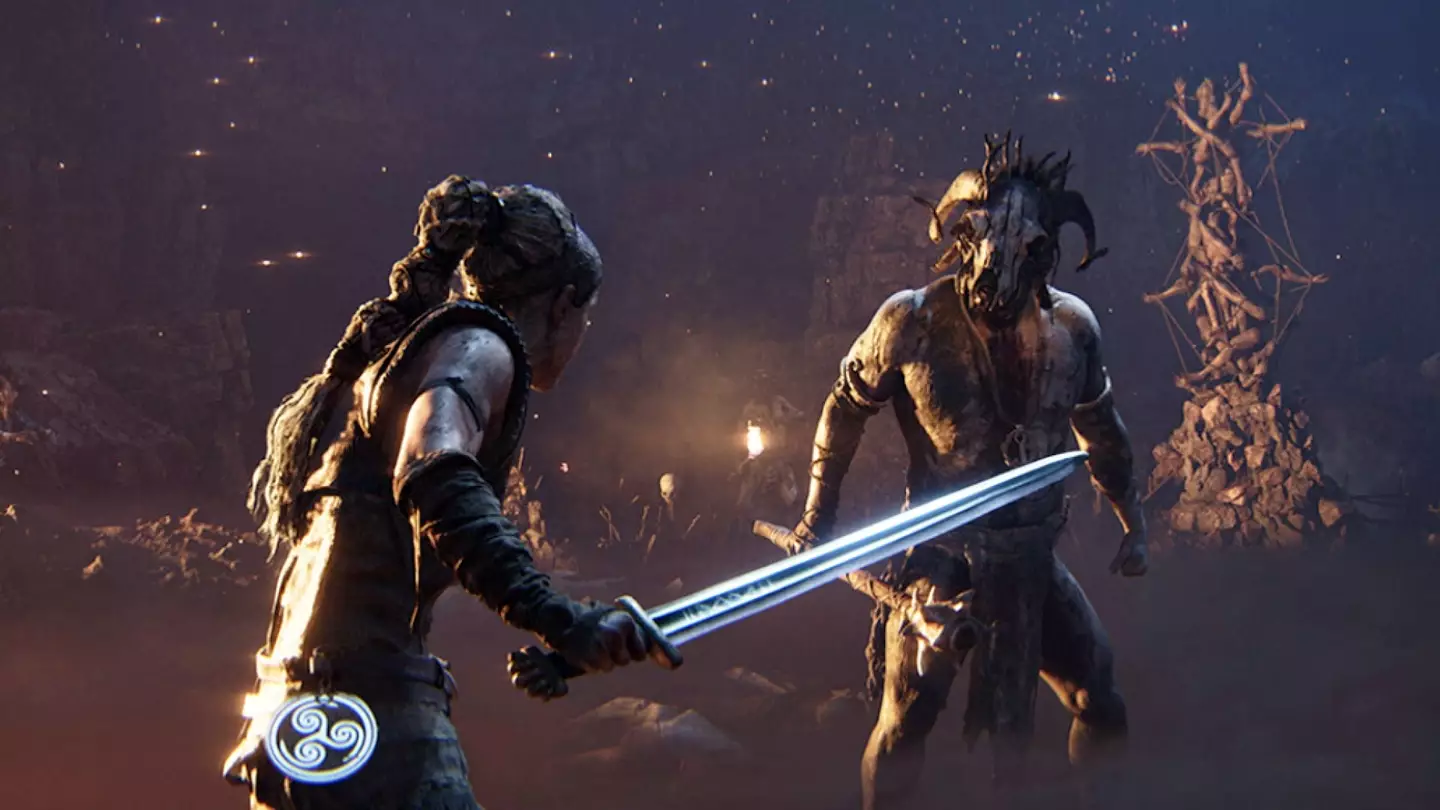
Elaborating further on Senua’s mental health, Dr Paul Fletcher weighs in. “Dominic first contacted me about a decade ago and I've had the privilege of collaborating with Ninja Theory ever since. The way that Dom has articulated how he sees Senua’s experience and journey gives you an insight into the seriousness and respect with which Ninja Theory treats the subject of mental health. That was instrumental in making me enthusiastic about working with Ninja Theory.”
“For me, it's enormously rewarding, because you can take something like psychosis, and you can take a very cross-sectional view of it. You've got this symptom and that symptom, so let's do a good job of representing those who live with psychosis,” Dr Fletcher continues. “But that's superficial in the end because it's much more about a person living day to day. No two days are the same. There's no stereotypical view one could take. And the fact that Ninja Theory recognises that, and the fact that they treat Senua as a real, living entity is why I find what they're doing so important.”
Dr Fletcher added further context to how Senua has now evolved as a character. “From my point of view, it's been about broadening the perspective, and recognising that we don't live in vacuums. In the first game, Senua was isolated and moving through a world that was part reality and part construction. That's a very valuable thing to try and represent. But in my experience, clinically and in research, a lot of the experiences of psychosis are about our social interactions and how we interact with others.”
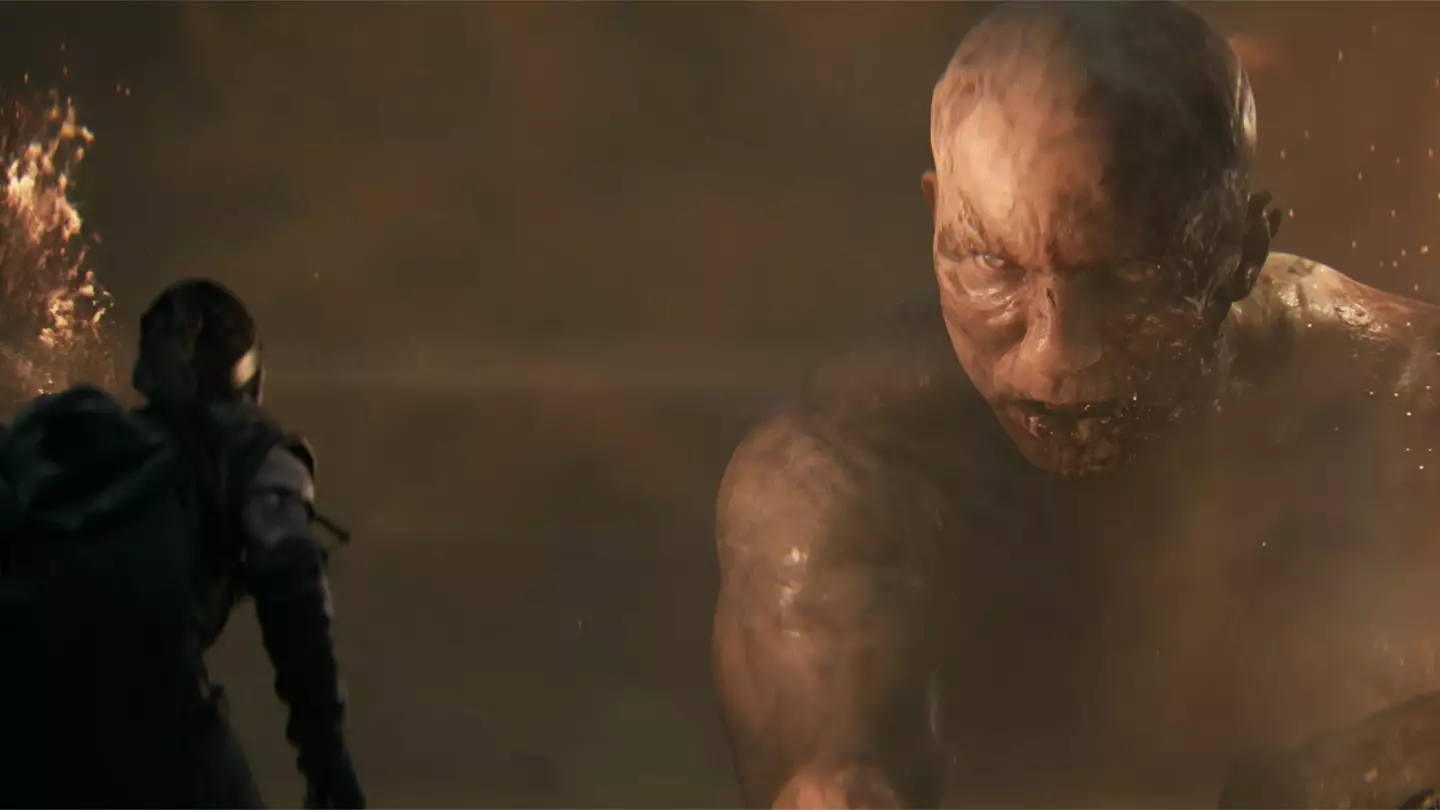
“In the first game, there was a particular perspective, which is Senua as an isolated individual immersed in her own darkness,” he continues. “The second game takes her out of that darkness and puts her into a social environment. That brings a whole new set of new experiences and challenges. Exploring that has been enormously complex and useful.”
In my experience with psychosis as well as my autism, when I’m having a particularly bad day, being around people can be the worst scenario. “The brain is complex. I witnessed throughout COVID when people were being forcibly isolated, yet some with psychosis found isolation a relief, and they no longer felt the pressure to interact and socialise,” Dr Paul explains. “Whereas others with psychosis worsened because they didn't have interaction and support. Reality is very different across individuals.”
One of Hellblade: Senua’s Sacfice’s strengths was its incredible audio which not only aimed to be relatable to those living with psychosis but also those without. “We've had a lot of conversations about the neuroscience of perceiving the world. There have been basic theoretical discussions which create a framework,” says Dr Paul. “The most important thing is being open-ended, repeated conversations with people who hear voices and who experience psychosis, and listening.”
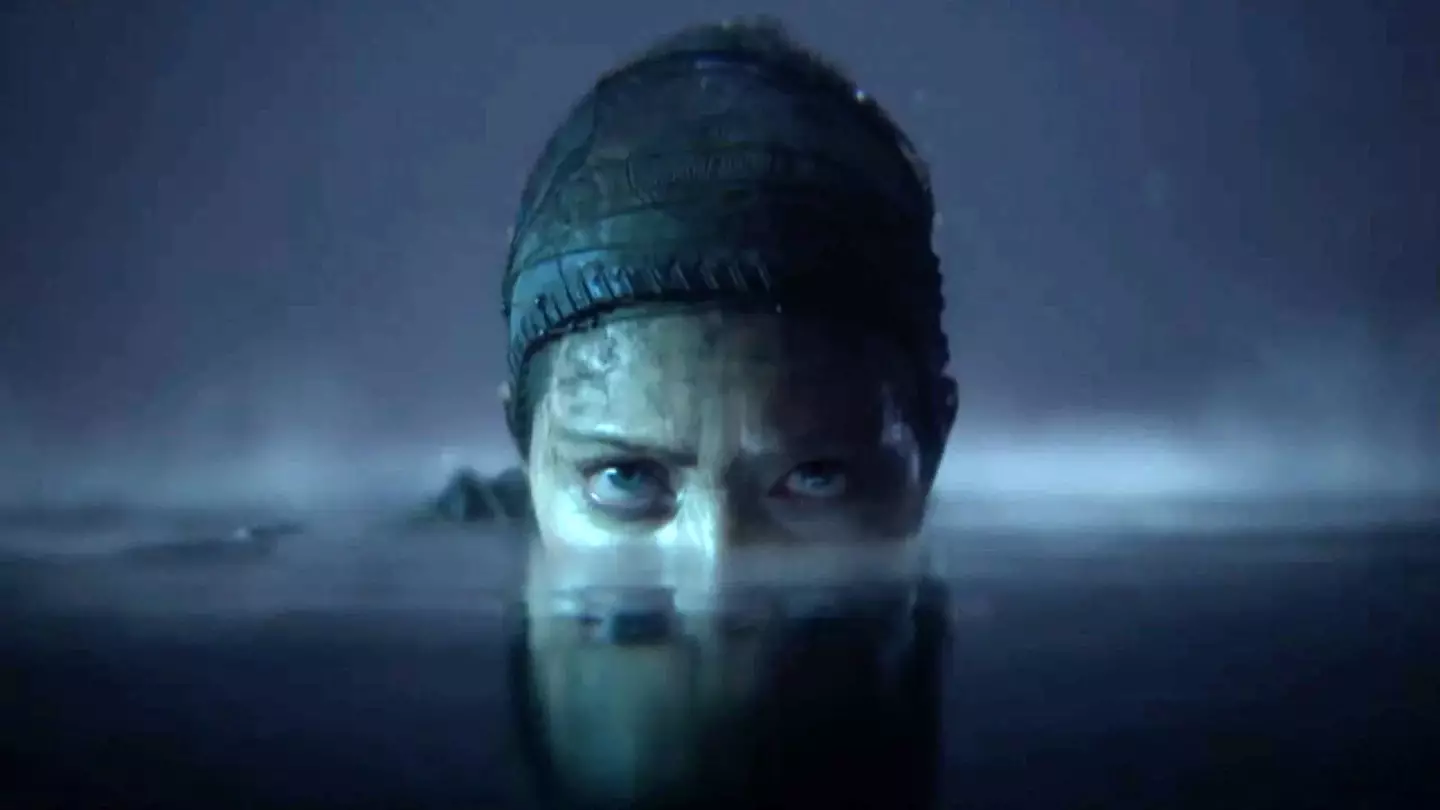
“It's also about not trying to create Senua as a representative of everybody who hears voices. Senua is a rounded individual, a hero, and her experiences will resonate with people who have psychosis, we hope. But she's not there to be the paradigm, the grab bag of all the experiences,” he explains.
“One other thing about the voices that's been interesting and challenging in the sequel is she's not just hearing the voices of her mind and having hallucinations, she's also talking to people in the world, and where that external and internal reality conflict or overlap is interesting and a difficult territory,” says Dr Paul.
“Witnessing how Senua interacts with other characters in Hellblade II, is something that didn't exist in the original game and will make for an intriguing prospect because you've got repeated voices of her own and you're trying to make sense of what other people are saying in the real world. Sometimes the voices are commenting on what other people are saying as well as disagreeing. It can be a cacophony, or it can be a much more pleasant experience.”
Hellblade II is currently announced to be a digital-only title but I was curious if we’d see a physical release one day. “Launch day is our Christmas and nothing exists beyond that. Everything is about getting the game out, and then there'll be a new world beyond that, where we can start thinking about what the future might hold,” says a somewhat cryptic Dominic.
Senua’s Saga: Hellblade II releases on 21 May 2024 for PC and Xbox Series X/S. It also launches day one on Xbox Game Pass.
Topics: Interview, Features, Microsoft, Xbox, Xbox Game Pass, Xbox Series S, Xbox Series X, Mental Health